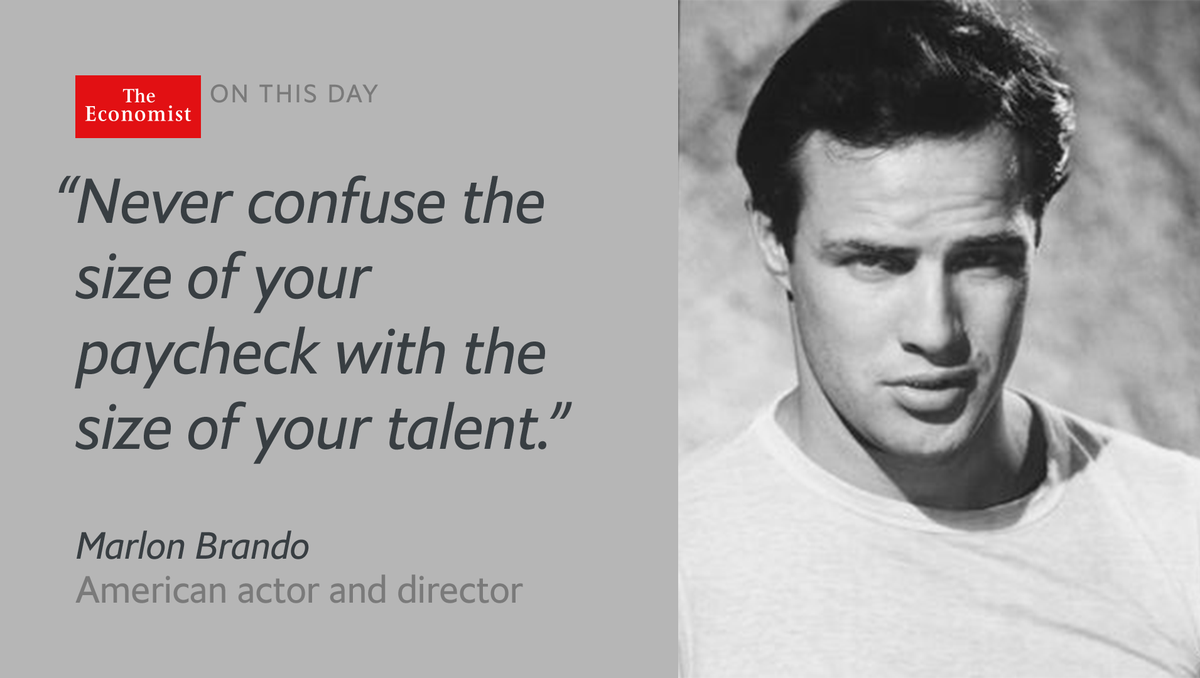Later, I recalled to the friend how amazingly capable one of them in particular is. She can fix machines, automobiles, work on wood, do glass etching, do any kind of home building work, create and maintain well designed gardens at homes, manage people and projects, and more. Compared to her, I am a one-note player--and barely even that much.
In my classes, sometimes I explicitly remind students that who they are as humans is not defined by the grade they earn in my classes. I tell them that if people were to grade me on how much I know about gardening, home repairs, auto maintenance--especially changing tires, craftwork, art, music, swimming, ..., my grade will be a big, fat, F. There is more to life than the smarts--as in intelligence--I tell them. I really do. But, I am confident that they do not listen to me saying that either.
The older I get, the more I think I detest the primacy of "intelligence" as if that is the measure of a human. I have even joked in some classes that while we think of Einstein as the smartest guy ever, he had no idea about Tamil and could not speak even a sentence in that language, while a two year old in Tamil Nadu can rattle off quite a few Tamil sentences. The smart guy that he was, Einstein himself made a memorable, quote-worthy, comment about this, remember?
My point is that "intelligence" is highly specific. It is just that a few particular kinds of intelligence are valued in a market economy, while others are not--ask any poet who can craft verses on the fly how much the market values her intelligence!
But, as with everything else, I am in a rapidly shrinking minority:
Meanwhile, our fetishization of IQ now extends far beyond the workplace. Intelligence and academic achievement have steadily been moving up on rankings of traits desired in a mate; researchers at the University of Iowa report that intelligence now rates above domestic skills, financial success, looks, sociability, and health.The older I get, the more I value the good-heartedness in people. They can be Harvard grads, but if they seem to be incapable of empathy, well, they do not deserve my time.
We must stop glorifying intelligence and treating our society as a playground for the smart minority. We should instead begin shaping our economy, our schools, even our culture with an eye to the abilities and needs of the majority, and to the full range of human capacity.Exactly! But, oh yeah, I keep forgetting that the market economy does not care about "the full range of human capacity" and instead only wants to know how much money you can make. If you are so smart, how come you ain't rich, right?
When Michael Young, a British sociologist, coined the term meritocracy in 1958, it was in a dystopian satire. At the time, the world he imagined, in which intelligence fully determined who thrived and who languished, was understood to be predatory, pathological, far-fetched. Today, however, we’ve almost finished installing such a system, and we have embraced the idea of a meritocracy with few reservations, even treating it as virtuous. That can’t be right. Smart people should feel entitled to make the most of their gift. But they should not be permitted to reshape society so as to instate giftedness as a universal yardstick of human worth.Oh well, yet another way in which the imagined dystopian future is already here.

4 comments:
Intelligence is useless without the wisdom to properly utilize it. I'm gifted with a high IQ, high enough to qualify to be a member of Mensa. When they came and asked me to join, I turned them down because I have no respect for their organization. They're supposedly the smartest people in the world, and what do they do when gathered? They brag about their published papers and play chess.
Wisdom, unfortunately, is difficult to learn and requires some humility. I like to think my attempts to become wiser have pushed me in the right direction. I'd rather be wise than smart, since lawyers are supposedly smart and they all seem to become politicians!
Oh yeah, it is a world of a difference between intelligence and wisdom ...
As Tennyson put it: Knowledge comes, but wisdom lingers ...
Curiosity is way sexier than intelligence.
I disagree with the quote that our schools need to be shaped to meet the needs and abilities of the majority. My kids struggled through school because they were smarter than most of their teachers and grasped concepts in a quarter the time other students did. They disliked most classes because they were too slow, and most teachers did not allow - and certainly did not encourage - them to pursue other topics. Aiming for the masses is fine as long as there are options to engage the upper echelons of the talent pool as well.
In disagreeing with the quote, you have overlooked what the author had included: "and to the full range of human capacity." You and the author are in agreement then, right, when you talk about how you felt that the schools did not provide enough for your children to understand their full capacity?
The larger point here is that schools are increasingly only about the economic return on the investment, which leads to a remarkably narrow treatment of the human capacity and--more importantly--leads to a screwed up understanding of what it means to be human.
Post a Comment